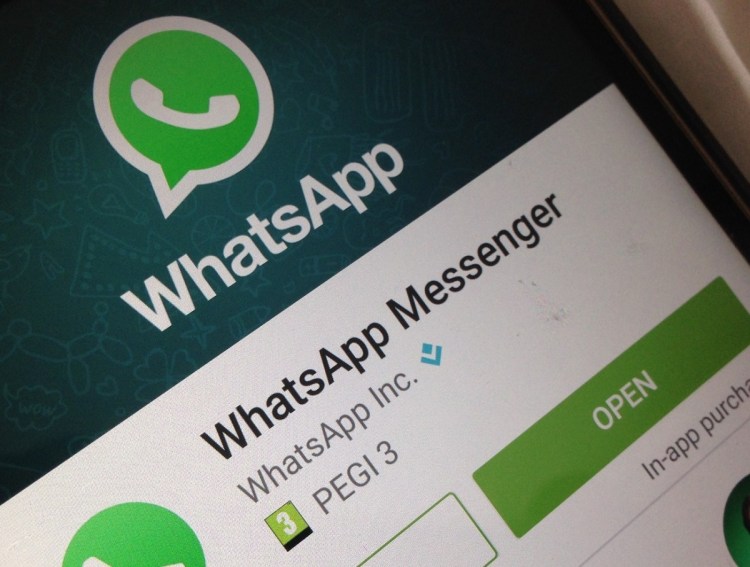WhatsApp has revealed that it’s ditching its $1 yearly subscription fee in the coming weeks, according to founder Jan Koum, who made the announcement at DLD in Munich, Germany.
Acquired by Facebook for around $22 billion two years back, WhatsApp passed the 900 monthly active user (MAU) mark back in September. While some were concerned that Facebook would seek to monetize WhatsApp through advertising or other means, there was no clear sign of where Facebook was heading with the messaging app in terms of monetization. Indeed, WhatsApp has continued with the same business model it’s had since its inception — free for the first year, then a dollar each year thereafter.
However, according to Koum, this business model “really doesn’t work for some people.” He noted that some people don’t have credit cards, for example, while it’s also worth noting there are other messaging apps — such as Facebook Messenger, which passed 800 million MAUs this month — that are free to use.
Instead, Koum says the company will experiment with the monetization opportunities to be found connecting companies with their customers. While he admitted WhatsApp hasn’t really settled on the final plan yet, and has yet to write a single line of code for the new project, it seems that the company is interested in helping big businesses use WhatsApp to conduct customer service — and perhaps even transactions — with consumers. In short, WhatsApp will be launching accounts specifically for businesses.
In effect, WhatsApp is becoming a platform, and by the sound of things, almost identical to Facebook Messenger, which is also moving toward becoming a platform. Facebook Messenger eliminated the need for a Facebook account last year, letting those on mobile sign up with just their phone number — exactly as they can with WhatsApp. There are some key differences between Facebook’s two messaging services, though — for example, Facebook Messenger is built upon Facebook’s social graph and, well, WhatsApp isn’t.
In a separate blog post announcing the news, WhatsApp gave some examples of how it envisages the app being used in the future.
“Starting this year, we will test tools that allow you to use WhatsApp to communicate with businesses and organizations that you want to hear from. That could mean communicating with your bank about whether a recent transaction was fraudulent, or with an airline about a delayed flight. We all get these messages elsewhere today – through text messages and phone calls – so we want to test new tools to make this easier to do on WhatsApp, while still giving you an experience without third-party ads and spam.”
There were rumors today that WhatsApp was set to make an announcement at DLD, and the smart money would have been on it passing one billion MAU, but it seems the company has yet to reach that milestone. Indeed, in its blog post, the company refers to “nearly a billion people” who use the app. But back in 2014, Facebook CEO and cofounder Mark Zuckerberg revealed that it’s only really worthwhile trying to monetize users after a business reaches a billion people. He said:
“This may sound a little ridiculous to say, but for us, products don’t really get that interesting to turn into businesses until they have about 1 billion people using them.”
Now that WhatsApp is hovering around the billion MAU mark, it seems Facebook is starting to look at ways to make money from it. As a side point, by the end of 2016, it’s possible that Facebook will own two messaging apps with around one billion monthly users each, which is phenomenal. It also goes some way toward justifying the $22 billion it paid for WhatsApp in 2014.
Ditching the dollar fee will remove any remaining friction for those who have hitherto been unable to use WhatsApp. And at the same time, Facebook has just given us a glimpse of how it plans to make money from the messaging app.


